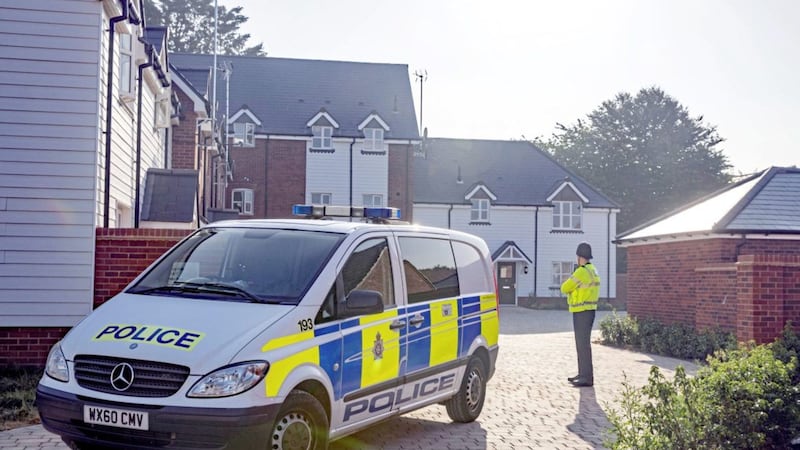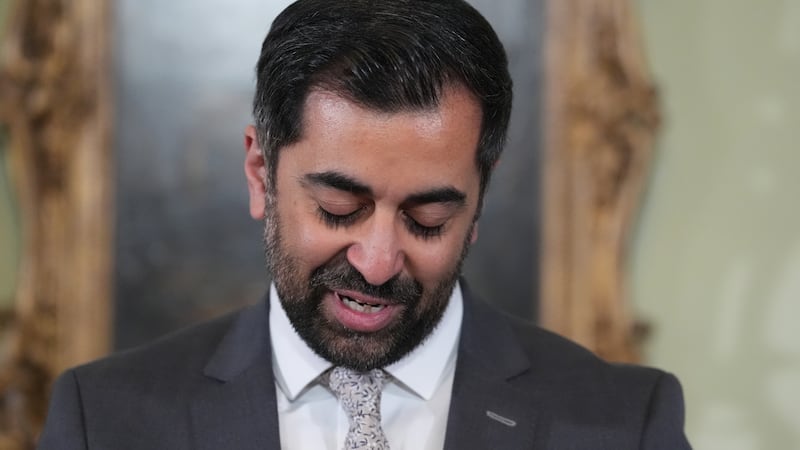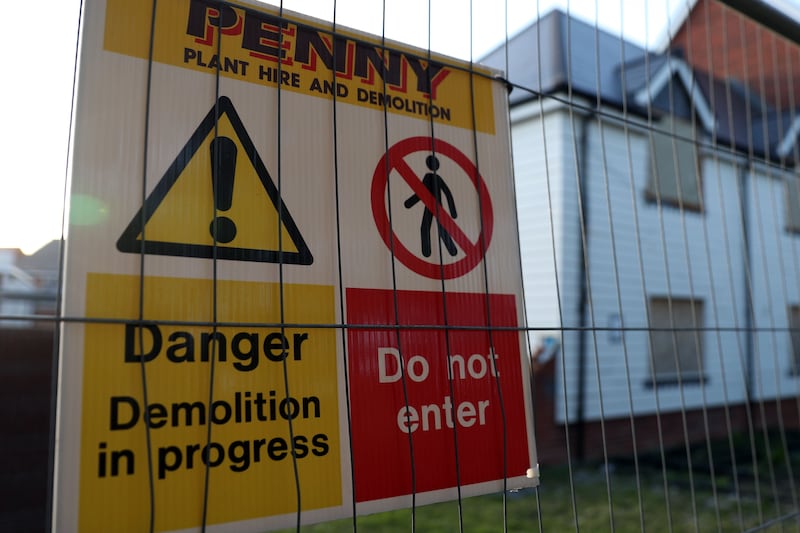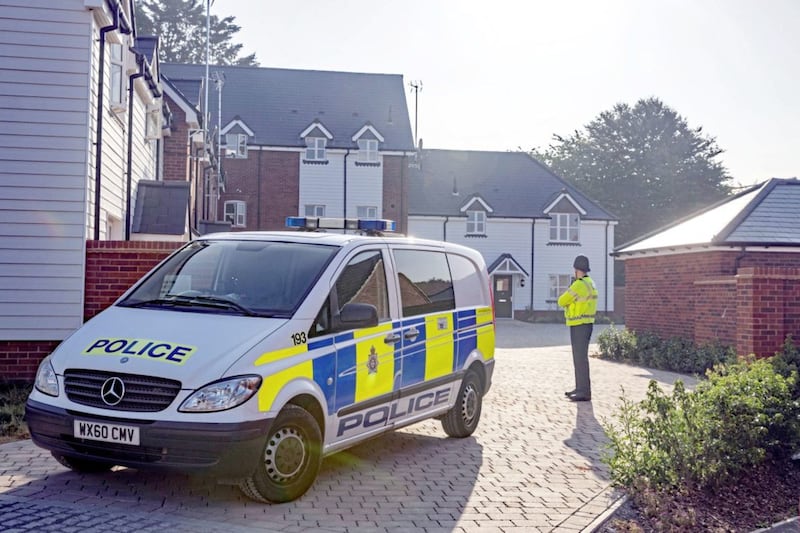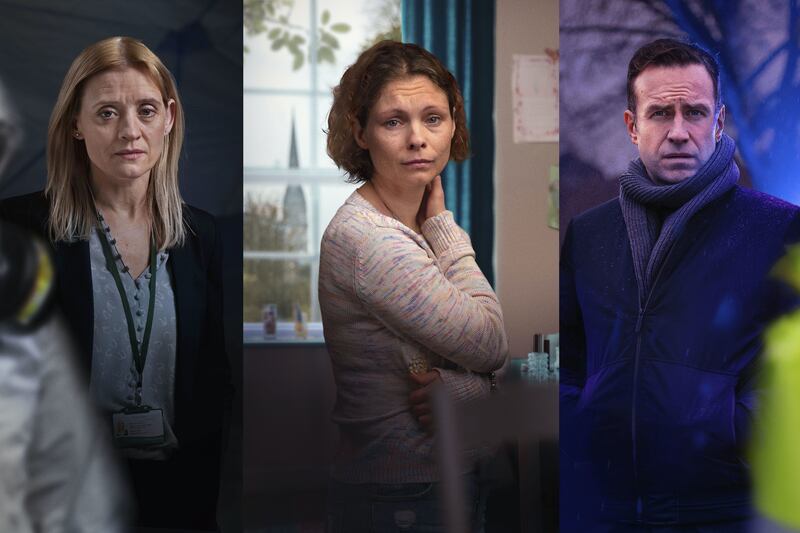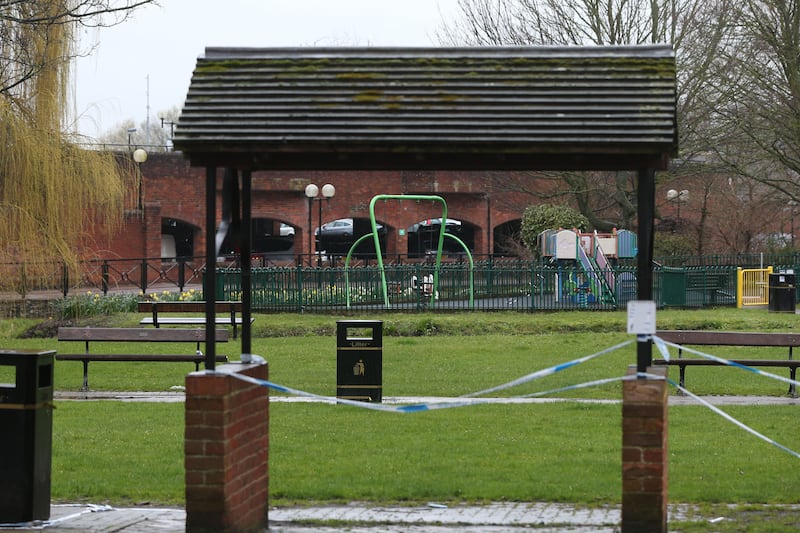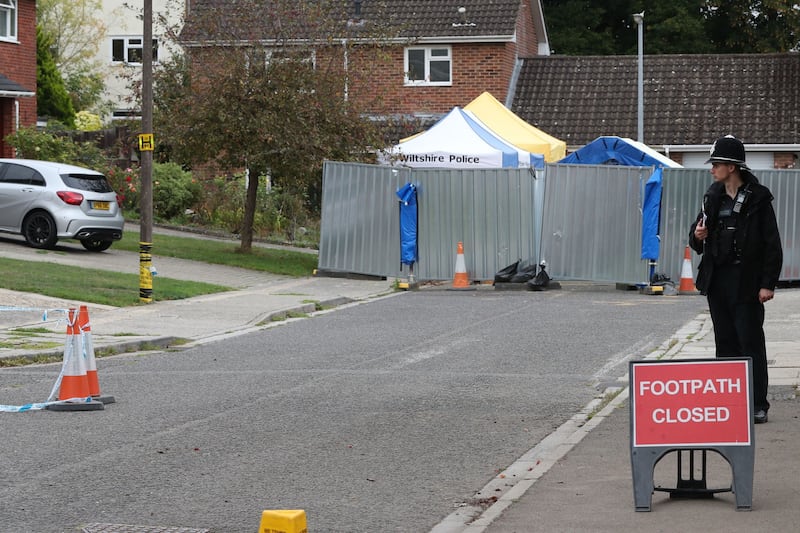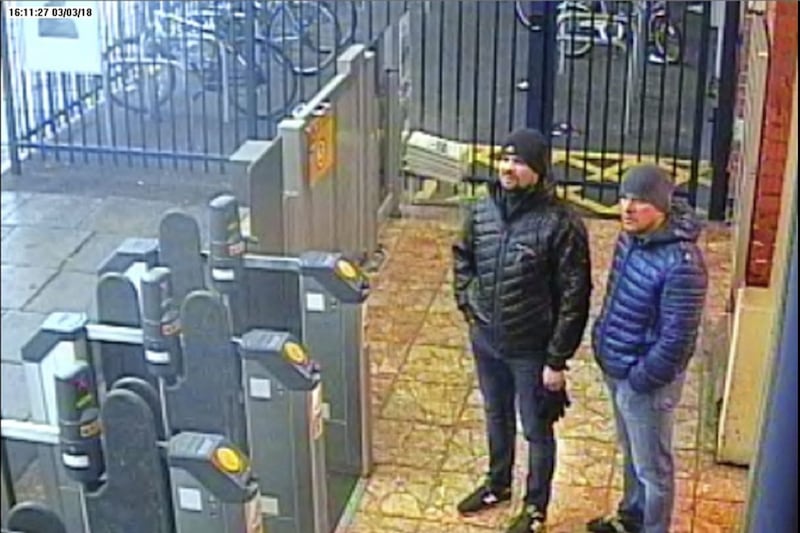A coroner wrongly narrowed the scope of an inquest into the death of a woman poisoned by the nerve agent Novichok, judges have ruled.
But they have decided David Ridley, the senior coroner for Wiltshire, does not have to investigate "Russian state responsibility" and the "source" of the Novichok when conducting an inquest into the death of Dawn Sturgess.
Relatives of Ms Sturgess had taken High Court action in a bid to get "key questions" asked.
Lord Justice Bean and Mr Justice Lewis considered the case at a recent virtual High Court hearing and published a ruling today.
Ms Sturgess (44) died in hospital in Salisbury, Wiltshire, in July 2018 after collapsing at her partner Charlie Rowley's home in Amesbury.
Relatives said Mr Ridley had wrongly decided to limit what would be considered at an inquest.
A barrister representing them said the question of who was responsible for the use of Novichok was a matter of "almost unparalleled public concern".
Michael Mansfield QC told two judges an act of "state terrorism" could not be "artificially truncated".
Judges heard Ms Sturgess was exposed to the same military-grade nerve agent believed to have been used in an attempted assassination of former agent Sergei Skripal and his daughter Yulia in Salisbury in March 2018.
Mr Mansfield said the coroner had decided he would not consider whether any Russian state agents, other than the suspects - Russian military intelligence agents known as Alexander Petrov and Ruslan Boshirov - were responsible for Ms Sturgess's death, or issues relating to the source of the Novichok.
He said that meant the inquest would not investigate "credible allegations" that other Russian state agents were involved or "key questions" about how the operation was arranged.
Mr Ridley had said he would consider "the acts and omissions" of Petrov and Boshirov, investigate how the Novichok came to Salisbury and look at who was responsible for Ms Sturgess' death - provided that issue was limited to the acts and omissions of Petrov and Boshirov.
He said he would not investigate whether "other members of the Russian state" were responsible for Ms Sturgess's death and would not investigate the "source of the Novichok".
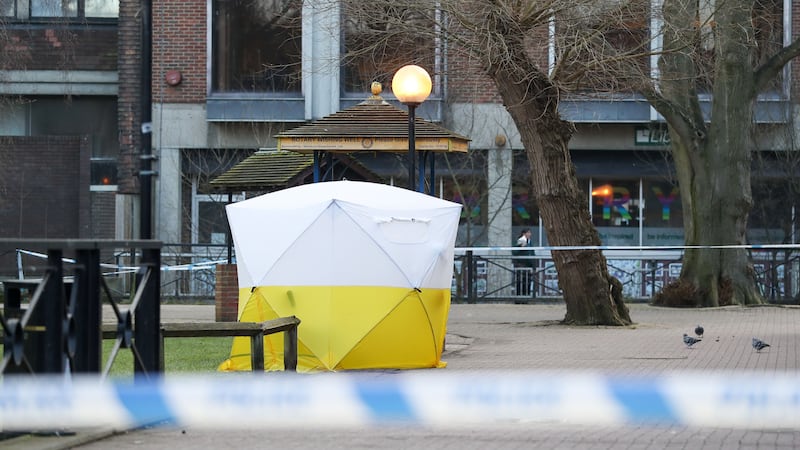
Relatives challenged his decisions on two grounds.
They said, in their first ground, that his decision not to investigate "other Russian officials" was irrational and said he was wrong to decide that conclusions "as to the responsibility of Russian officials or agents" could not be reached.
They said, in their second ground, that he was wrong to conclude he was not required to investigate "the issue of Russian state responsibility" and "the source of the Novichok".
Judges allowed the relatives' claim on the first ground but dismissed their claim on the second ground.
The two judges said: "There is acute and obvious public concern not merely at the prima facie evidence that an attempt was made on British soil by Russian agents to assassinate Mr Skripal and that it led to the death of Ms Sturgess, but also at the fact that it involved the use of a prohibited nerve agent exposing the population of Salisbury and Amesbury to lethal risk.
"There has been, and (to be realistic) there will be, no criminal trial in which the details of how this appalling event came to occur can be publicly examined."
They said Mr Ridley's reasoning could not "properly justify an investigation as narrow as that which he has proposed".
